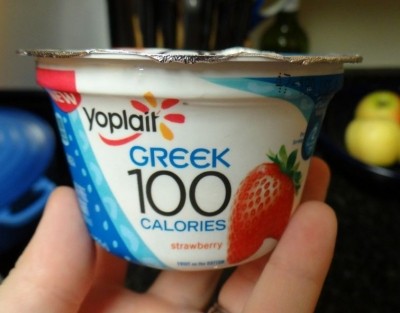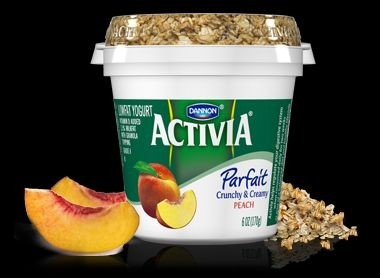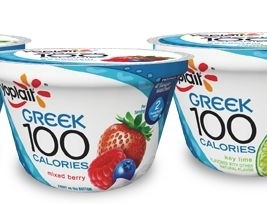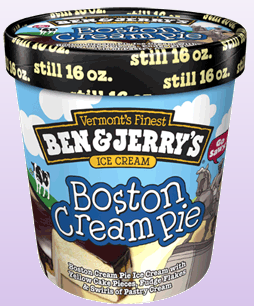Greek identity crisis? Cabot Greek-style yogurt is not a yogurt at all, claims plaintiff
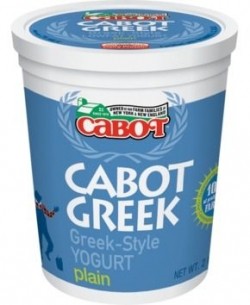
The August 31 complaint follows a similar lawsuit filed in April against General Mills and Yoplait USA (click here for details) and alleges that Cabot Greek-style yogurts are misbranded because they contain ingredients - whey protein concentrate (WPC) and milk protein concentrate (MPC) - the plaintiffs argue are not permitted in yogurt.
Instead of filtering out excess liquids - an expensive straining process used in traditional Greek yogurt manufacture - Cabot Greek is thickened using WPCs and MPCs as “filler materials”, sayd plaintiff Timothy Green.
Defendant’s conduct is not industry standard
“This results in a thicker product that appears to be Greek yogurt but in fact is not yogurt at all…. Cabot and Agri-Mark took a shortcut… Defendant’s conduct is not industry standard. The majority of yogurt brands in the US do not add WPCs and MPCs.”
He added: “When consumers purchase Cabot Greek, they expect Greek yogurt. But they do not get Greek yogurt. They get a product that contains filler material, violates federal law, violates FDA regulations and is not legal to sell in the US.”
Regulatory muddy waters
The FDA’s 1981 standard of identity for yogurt sets out an exhaustive list of ingredients that can be used in yogurt, which does not include MPCs or WPCs, claims Green.
However, National Yogurt Association (NYA) director for regulatory and international affairs John Allan told FoodNavigator-USA that the FDA had in fact "stayed (not put into effect or enforced) the provisions of the 1981 standard that would restrict such ingredients [eg. milk protein concentrates, whey protein concentrates], pending a public hearing on the provisions questioned by multiple industry entities, which FDA has yet to hold."
He added: "As such, MPCs and WPC have been allowed to be used by the industry."
'One cannot discern which provisions the FDA currently enforces for manufacturing yogurt...'
To clear up the cofusion, a citizen’s petition submitted by the NYA in 2000 called on the FDA to formally remove the provisions restricting/prohibiting the use of such ingredients in a revised standard of identity, said Allan.
As things stood, the industry had been left in a kind of limbo, explained NYA bosses in the petition: "Since finalizing the yogurt standards and staying many provisions, FDA has not held hearings on the stayed provisions, nor indicated plans to conduct hearings.
"The existence of stayed provisions creates multiple gaps in the standard, for which no guidelines exist. In addition, industry practices and FDA policies often differ from, or are not explicit in, the standards. Thus, on consulting the standards, one cannot discern which provisions FDA currently enforces for manufacturing yogurt."
FDA 2009 proposed rule proposes changing the rules on yogurt identity
The FDA responded in 2009 with a proposed rule that said the agency was “proposing to revoke its regulations on the standards of identity for lowfat yogurt and nonfat yogurt and amend the standard of identity for yogurt in numerous respects” partly in response to the NYA's petition.
The rule would "permit the use of reconstituted milk and whey protein concentrate as standard dairy ingredients… and provide for the use of any milk-derived ingredients as optional dairy ingredients”.
An FDA spokesman told FoodNavigator-USA: "FDA has not yet issued a final rule. The agency has received many comments on the proposed rule and will take them into consideration in preparing the final rule."
A spokesman for Cabot said the company was not able to comment on pending litigation.
